Farooki confronts backlash over his new role
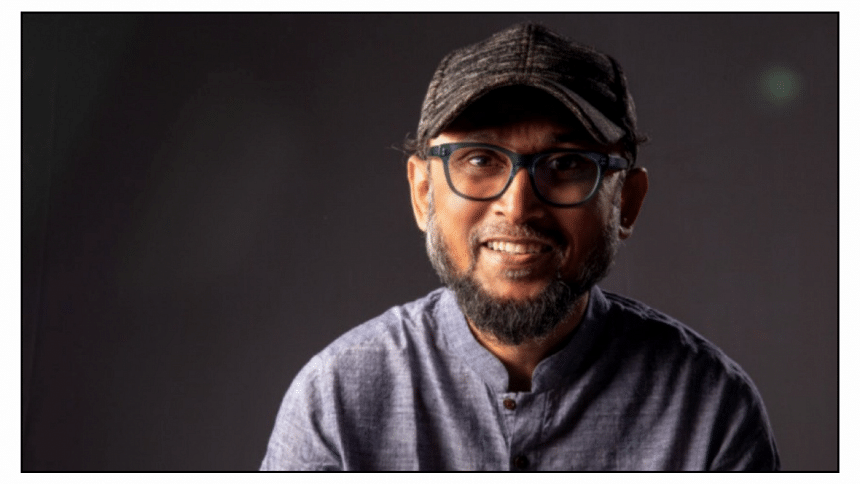
Mostofa Sarwar Farooki, the newly appointed cultural adviser, has officially begun his duties, completing two days at the advisory council office. On Monday, November 11, Farooki joined his workplace, where he outlined his short and long-term plans to bring visible changes to the cultural sector. He discussed these plans in preliminary meetings, focusing on formulating future strategies with key stakeholders to ensure meaningful progress in the industry.
In the meantime, Farooki has been facing social media backlash since taking his oath as an adviser to the interim government. Many have labelled him as a collaborator of the previous regime. On his first day in office, he was confronted with these allegations, and rather than avoid them, he addressed them head-on.
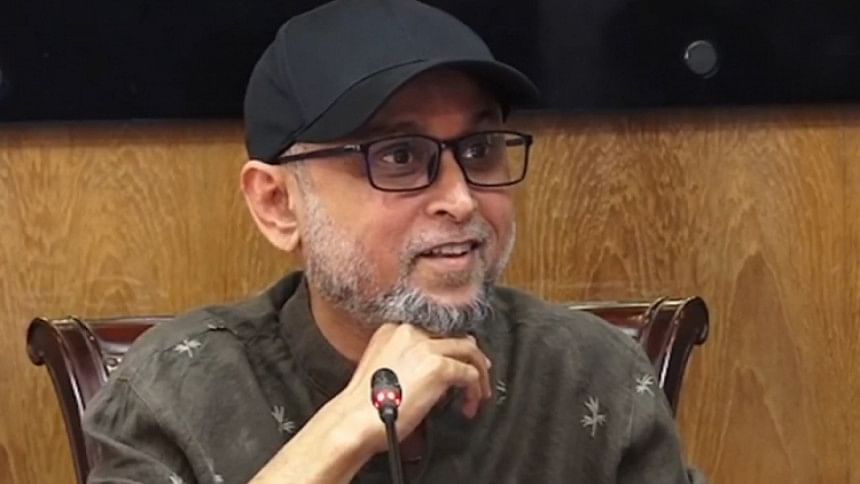
Yesterday, Farooki penned a lengthy Facebook post, responding to those who accused him of being a "collaborator of fascists." At the beginning of his post, he wrote, "Dear brothers and sisters, I never imagined I'd have to do this, but here we are. It's only been two days, yet I believe I've been able to convey to my colleagues that we aim to bring visible changes that will benefit our cultural workers in the short and long term. Although I never sought this position, now that I have it, I am committed to doing my best."
Addressing the accusation of being a "collaborator of fascists," Farooki continued, "I've been hit with an unbelievable accusation – that I'm a fascist's accomplice! The same fascist I risked my life to oppose, standing with the anti-discrimination student movement from July 16. I went all out against Hasina's fascism, fully aware that if she remained in power, I'd either face death or prison. And now, I'm being charged with being her ally?"
He further stated, "I don't feel the need to defend my position as an adviser. I'm speaking out because I felt insulted, as an artiste,"
Farooki also referenced the 2013 Shahbagh movement, saying, "When the Shahbagh movement began, like many others, I believed it was apolitical. That's why, in all my posts, I pushed the agenda of 'repairing the state.' However, after realising the truth, I wrote 'Kintu Ebong Jodir Khoje' (In Search of Buts and Ifs) which Shahbagh activists tried to silence."
"In 2014, I wrote another piece, 'Ei Chetona Loiya Amra Ki Koribo' in protest against the rise of fascism, which pitted Bengali nationalism against Islam. After publishing one of these pieces, BNP leader Shimul Biswas called me to express his gratitude! I am not affiliated with any political party, but why would a senior BNP leader feel the need to call me with a glowing reaction?"
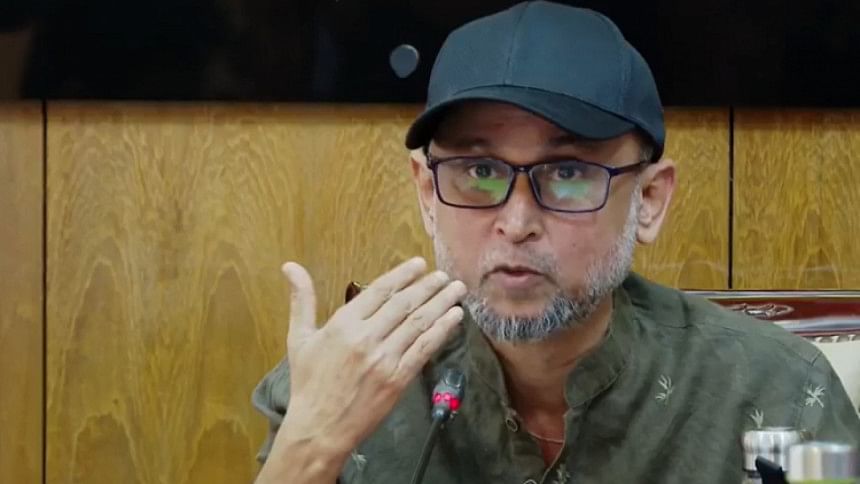
"As a writer, I never enjoyed the freedom to write as freely as one might be able to when ruled under fascism, yet I still did what I could and faced the consequences. In 2015, my ordeal began with harassment from the Criminal Investigation Department (CID), a torment that continued for years. I'm not looking for sympathy here, nor do I need it," Farooki wrote.
He also addressed accusations of being part of an "Indian hegemony," stating, "Some are accusing me of being part of Indian hegemony. The same establishment that the Bangladeshi cultural elite despised because I broke the monopoly of Kolkata-centered language dominance. And now, I'm suddenly a part of this hegemony? I don't judge an entire nation collectively, as individuals within a country have diverse perspectives and beliefs."
"I want to speak with everyone and work with everyone. However, when it comes to the harm done to my country, I speak out without hesitation. For instance, take a look at what I posted in 2013 about the tragic death of young Felani Khatun. Also, consider how Ranjan Mondal, a former official of the Indian High Commission, repeatedly targeted me on Facebook with abusive language because of my position. And now, I'm expected to align with this hegemony?"
In his closing remarks, Farooki wrote, "I am not a revolutionary, nor have I ever claimed to be. I'm a filmmaker. By chance, and by the grace of Allah, I've received people's love, and I'm proud of that identity. When I die, I will be remembered as a filmmaker, not a minister. So this position isn't an achievement for me, it's just a responsibility as a public servant."
"I have finally accepted that Allah has given me the ability to contribute to my country beyond my films, and I believe I should use this power for the greater good. At this point in my life, I feel it's time to put my country's needs before my own."

 For all latest news, follow The Daily Star's Google News channel.
For all latest news, follow The Daily Star's Google News channel. 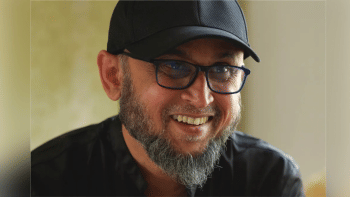




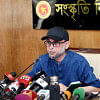
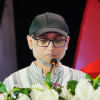

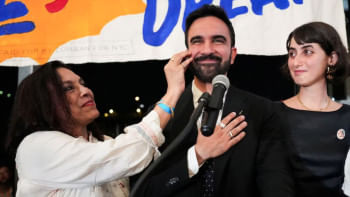
Comments